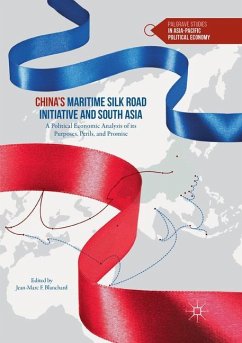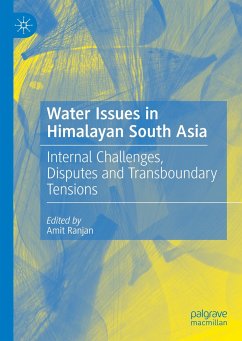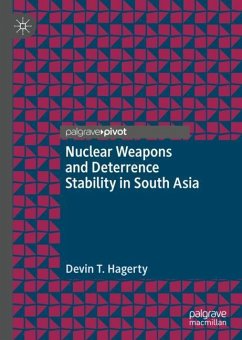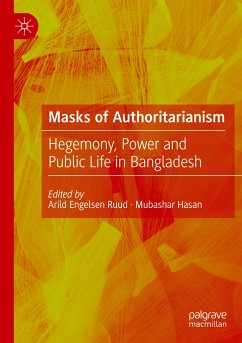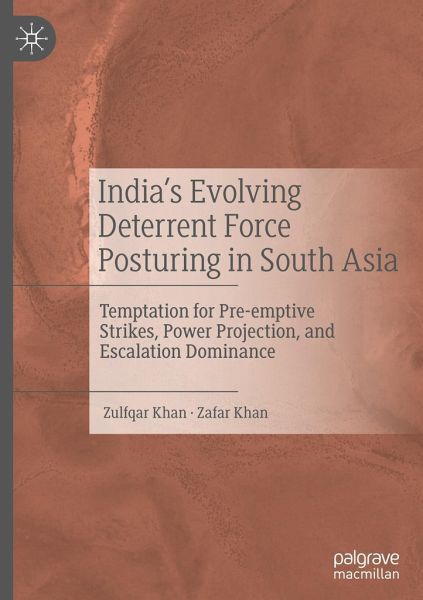
India's Evolving Deterrent Force Posturing in South Asia
Temptation for Pre-emptive Strikes, Power Projection, and Escalation Dominance

PAYBACK Punkte
49 °P sammeln!
The book discusses India's evolving deterrent force posturing in South Asia under the conceptual essentials of nuclear revolution when it comes to various combinations of conventional and nuclear forces development and the strategic implications it intentionally or unintentionally poses for the South Asian region. The book talks about how the contemporary restructuring of India's deterrent force posture affects India's nuclear strategy, in general, and how this in turn could affect the policies of its adversaries: China and Pakistan, in particular.Authors discuss the motivations of such postur...
The book discusses India's evolving deterrent force posturing in South Asia under the conceptual essentials of nuclear revolution when it comes to various combinations of conventional and nuclear forces development and the strategic implications it intentionally or unintentionally poses for the South Asian region. The book talks about how the contemporary restructuring of India's deterrent force posture affects India's nuclear strategy, in general, and how this in turn could affect the policies of its adversaries: China and Pakistan, in particular.
Authors discuss the motivations of such posturing that broadly covers India's restructuring of its Nuclear Draft Doctrine (DND), the ballistic missile development program, including that of its Ballistic Missile Defence (BMD) system, and the possibility of conflicts between China-India and India-Pakistan, given their transforming strategic force postures and their recurring adversarial behavior against each other in the Southern Asian region.
Authors discuss the motivations of such posturing that broadly covers India's restructuring of its Nuclear Draft Doctrine (DND), the ballistic missile development program, including that of its Ballistic Missile Defence (BMD) system, and the possibility of conflicts between China-India and India-Pakistan, given their transforming strategic force postures and their recurring adversarial behavior against each other in the Southern Asian region.





